Fall / Winter plant expectations
tifflj
11 years ago
Related Stories
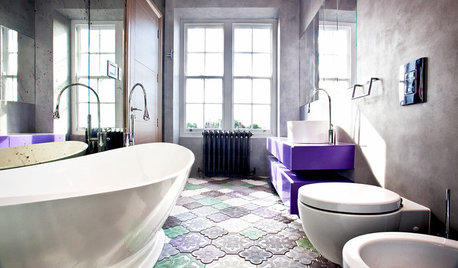
BATHROOM DESIGN14 Bathroom Design Ideas Expected to Be Big in 2015
Award-winning designers reveal the bathroom features they believe will emerge or stay strong in the years ahead
Full Story
GARDENING GUIDESGarden Myths to Debunk as You Dig This Fall and Rest Over Winter
Termites hate wood mulch, don’t amend soil for trees, avoid gravel in planters — and more nuggets of garden wisdom
Full Story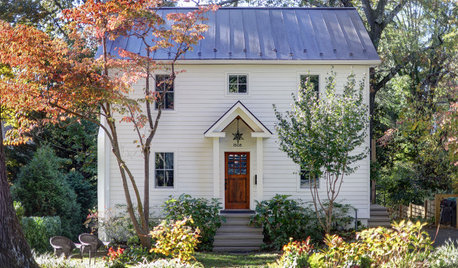
FALL GARDENINGMake This Fall’s Garden the Best Ever
Learn the most important tip for preventing buyer’s remorse, plus get more valuable buying and planting advice
Full Story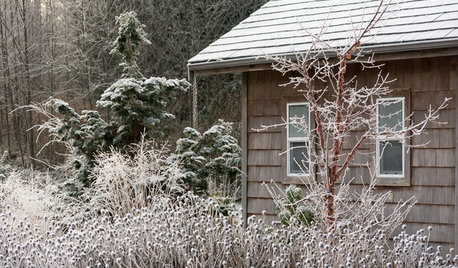
WINTER GARDENINGLook Beyond Plants for a Wonderful Winter Garden
Use sculptures, fences and other structures to draw the eye to a bare-bones landscape
Full Story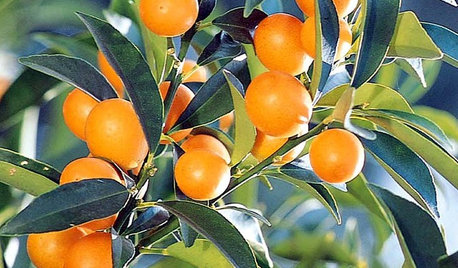
GARDENING GUIDESGreat Design Plant: Kumquats for a Juiced-Up Winter
Grow it for the edible fruit or its good looks alone. This citrus cousin will brighten any gray winter day
Full Story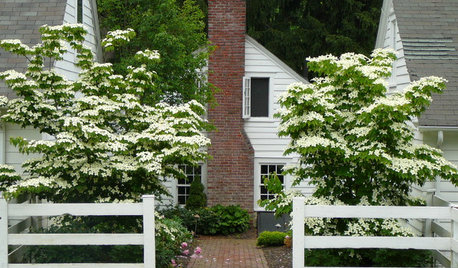
TREES7 Deer-Resistant Flowering Trees to Plant this Fall
If you live in a neighborhood with roaming deer, consider these beautiful trees that won't tempt hungry guests
Full Story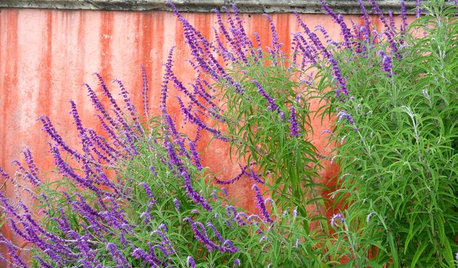
GARDENING GUIDES10 Plants for Colorful Fall Blooms in the Drought-Tolerant Garden
Want fall color but not a big water bill? Consider these not-too-thirsty fall bloomers
Full Story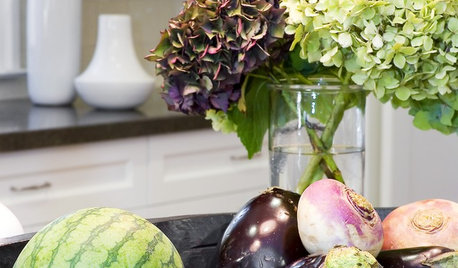
GARDENING GUIDES8 Pickable Plants for Fall Centerpieces
Cut flowers and branches make for seasonal arrangements both easy and lovely. Grow these in the garden for the look and feel of fall
Full Story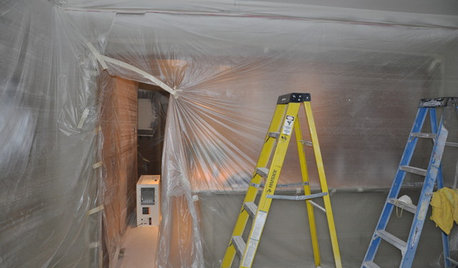
MOST POPULAR11 Things to Expect With Your Remodel
Prepare yourself. Knowing what lies ahead during renovations can save your nerves and smooth the process
Full Story
MOST POPULARTrend Watch: 13 Kitchen Looks Expected to Be Big in 2015
3 designers share their thoughts on what looks, finishes and design elements will be on trend in the year ahead
Full Story






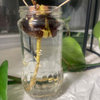
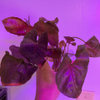

Polly381
Tiffany, purpleinopp Z8b Opp, AL
Related Professionals
Carlisle Landscape Architects & Landscape Designers · Tomball Landscape Architects & Landscape Designers · Mount Wilson Landscape Architects & Landscape Designers · Allentown Landscape Contractors · Aurora Landscape Contractors · Pottstown Landscape Contractors · Berkeley Heights Landscape Contractors · Brockton Landscape Contractors · Cary Landscape Contractors · El Mirage Landscape Contractors · Fort Myers Landscape Contractors · Middleton Landscape Contractors · Richmond Landscape Contractors · Saint Paul Landscape Contractors · Maple Heights Landscape Contractorsgreenlarry
birdsnblooms
tiffljOriginal Author
greenlarry
rhizo_1 (North AL) zone 7
sherryinmaine
Polly381
greenlarry
rhizo_1 (North AL) zone 7